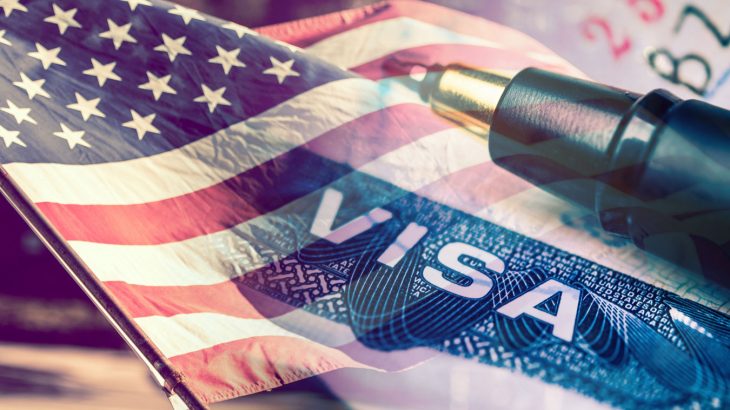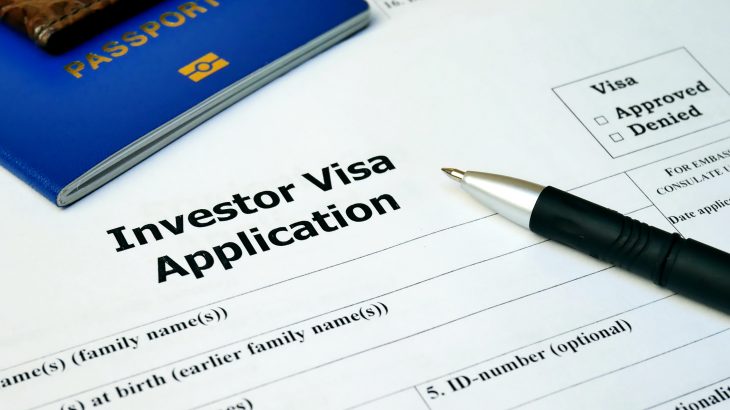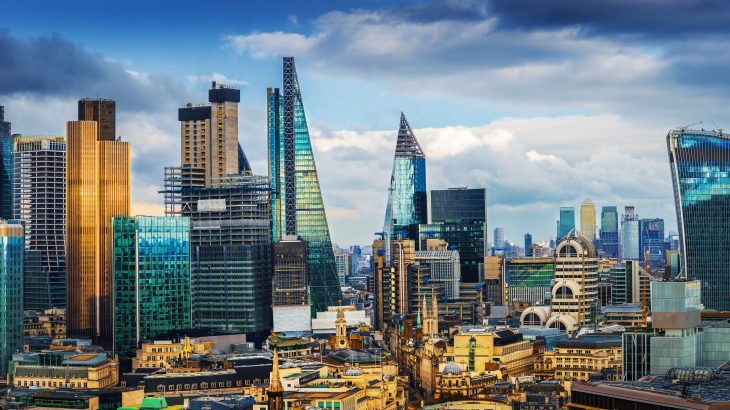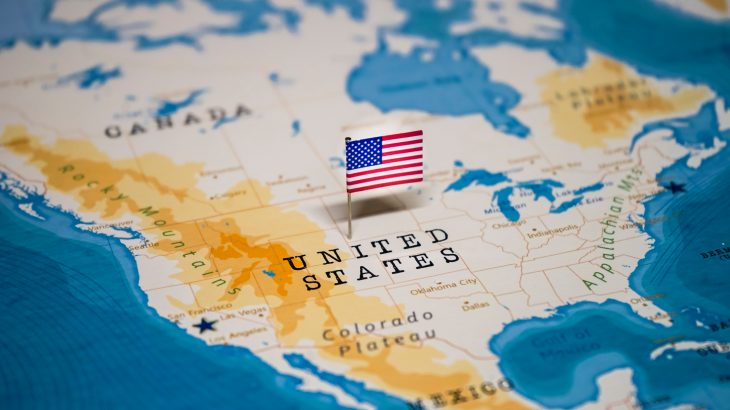Whenever a corporate transaction involves a business whose employees include foreign nationals, an immigration due diligence is strongly recommended. Corporate transactions in the form of stock or asset acquisitions, mergers, consolidations, restructuring, etc. could trigger immigration implications. Most work visas for foreign nationals are employer specific, changes in an entity’s structure could jeopardize an employee’s work authorization and inadvertently violate immigration regulations. It’s important to ensure that employees are not rendered out of status and understand requirements and nuances of various work visas in order to analyze how a corporate transaction could affect foreign workers, and potentially the interests of a company.
In the United States, there are two separate visa categories for a foreign worker: (i) non-immigrant; and (ii) immigrant. Non-immigrant workers usually fall under the H-1B, 1, TN and E-2, E-3 visa categories, while immigrant workers are those who have obtained lawful permanent status or are in the process of doing so.
This article covers some of the implications of mergers and acquisitions on H-1B, L-1 and green card applications and I-9 compliance.
h1b visa, h1b visa means, h1b visa process, h1b visa status, what is h1b visa, h1b visa news
v Impact on H-1B Filings:
Arguably, the most popular and commonly used temporary work visa is the H-1B. For a company with H-1B employees, questions to consider are whether the merger and acquisition will result in a new employer and to what extent will the new entity assume the interests and liabilities of the target company. Where the new employer is a “successor-in-interest” that assumes the interests and obligations of the prior employer which includes the assertions the prior employer made on their labor condition application, filing a new H-1B petition is not necessary. This may therefore allow H-1B workers to continue employment without any interruption. That said, any material changes accompanying corporate changes will require action steps, for example, relocation of the employee and/or a substantial change in the employee’s duties will require filing a revised labor condition application (LCA) and an amended H-1B petition.
An issue likely to come up and affecting a small percentage of companies is the loss of eligibility of H-1B cap exempt status. Certain employers such as governmental research organizations, non- profits, certain colleges and universities are exempt from the H-1B cap quota. Depending on the corporate change, the cap-exempt status could be lost by the new employer, for example when a non-profit entity is replaced by a for-profit entity as a sponsoring employer. This loss of status could render an employee unauthorized to work going forward whose H-1B was granted on the basis of the cap-exempt status. Issues like these should be taken into account and addressed prior to closing.
h1b visa, h1b visa means, h1b visa process, h1b visa status, what is h1b visa, h1b visa news, h1b visa usa
v Impact on L-1 Visas:
For an L-1 visa, the law requires the existence of a qualifying relationship between the US entity and the foreign entity from which the employee will be transferring or has been transferred, and the relationship must be that of either a “parent, branch, affiliate or subsidiary.” A merger or acquisition resulting in change in the ownership structure of either entity could terminate the qualifying relationship as required under the regulations, thereby invalidating the L-1 status of an employee. It’s important to perform a thorough analysis of the transaction to determine whether the qualifying relationship has been terminated or retained. For example, if a US subsidiary of a Japanese parent is acquired by a US company, in this situation, the qualifying relationship will have terminated and the L-1 Japanese executive working in the US will have lost work authorization. In cases where it can be proved that the qualifying relationship remains intact, only an amended petition is required.
h1b visa, h1b visa means, h1b visa process, h1b visa status, what is h1b visa, h1b visa news, h1b visa usa
v Impact on Green Card Applications:
A lawful permanent residency (green card) application can be broken down into 3 steps in modt cases – labor certification, I-140 petition and adjustment of status application. Companies that fall within the successor-in-interest requirements generally are allowed to continue the green card application filed by the predecessor company.
For a labor certification that is filed by the former employer, as long as the new employer assumes all rights, duties, liabilities and obligations of the former employer, the labor certification will remain valid, provided the job position and/or location of the employee remain unchanged. However, if there are any changes in job position or location, or if the new employer does not qualify as a successor-in-interest, the pending labor certification will be invalidated and the new employer will have to file a new labor certification. This could affect the lawful status of a foreign worker who has relied on a pending labor certification in order to extend his or her H-1B visa. An employee could lose his priority date thereby significantly delaying the already lengthy green card process.
During the I-140 stage, if the I-140 is pending, but the adjustment of status application is not filed at the time of the corporate change, the new employer will have to file an amended I-140 demonstrating the successor-in-interest relationship. This would also be the case if the I-140 has been approved but no adjustment of status application has been filed yet.
On the other hand, when a corporate change comes into effect after the I-485 application is filed, an amended I-140 may not be required. This is because the American Competitiveness in the 21st Century Act (AC21) allows a foreign national to change employers if the I-140 has been approved and the adjustment of status application has been pending for 180 days or more, as long as the new position is in the “same or similar occupational classification.” The new employment must be in
the same or similar job category as the one initially sponsored and filing of an amended I-140 is not needed and neither is the demonstration of successor-in-interest relationship
h1b visa, h1b visa means, h1b visa process, h1b visa status, what is h1b visa
Key Concerns: I-9 Compliance
One of the most important (but often overlooked) factors that an employer should take into account at the time of a restructuring is the I-9 compliance. All employers in the U.S. are prohibited from hiring unauthorized employees. One of the fundamental reasons in creating the Form I-9 form was to get employees to establish that they are authorized to work in the U.S. (based on certain prescribed documentation) and to obligate employers to verify and confirm their work authorization. Under the I-9 compliance, each employer is required to verify the identity and employment authorization of all employees.
To ensure that employers comply with the above, the law imposes some harsh penalties. These penalties are not only restricted to employing unauthorized workers but also extend to the failure to properly execute and retain records of employees, whether U.S. citizens or not. These penalties can range from $110 – $1,100 per record for not maintaining proper documentation with additional sanctions that may include bars to filing for any immigration benefit.
h1b visa, h1b visa means, h1b visa process, h1b visa status, what is h1b visa
Immigration Due Diligence and Best Practices
Any immigration related issues should be addressed and incorporated into the representations and warranties of the key transaction documents. It is a good practice to identify all employees on non-immigrant visas or in the process of applying for green cards and understand future action steps if any to ensure continuation of their lawful status.
Corporates should adopt a best practice checklist for a corporate immigration program – immigration policies should be in writing and ensure that extension of visas and transfer of employees across borders is done in a timely manner. Tone from the top matters; corporate policy should state clearly that the company will remain compliant with all immigration laws, such as timely completion of employment verification and provision of appropriate employment benefits
Reference Links
L1 Visa Attorney | L1 Visa USA | L1 Visa (usimmigrationadvisor.com)
EB1c Visa | EB1c US Lawyer | Davies & Associates (usimmigrationadvisor.com)
EB3 Visa | Permanent Residency for Skilled Workers | Davies & Associates LLC (usimmigrationadvisor.com)
This article has been written by Zeenat Phophalia, Esq. Of Counsel, Davies & Associates, India Office.
Zeenat Phophalia is qualified to practice law in New York, United Kingdom and India. She practices in the area of U.S. immigration law with a focus on business immigration, and has represented corporate clients including large and medium sized companies and startups across sectors such as IT, consulting, consumer goods, manufacturing and telecommunications.
Looking for an US immigration lawyer? Request free consultation at Davies & Associates or find our closest location around the world.



































